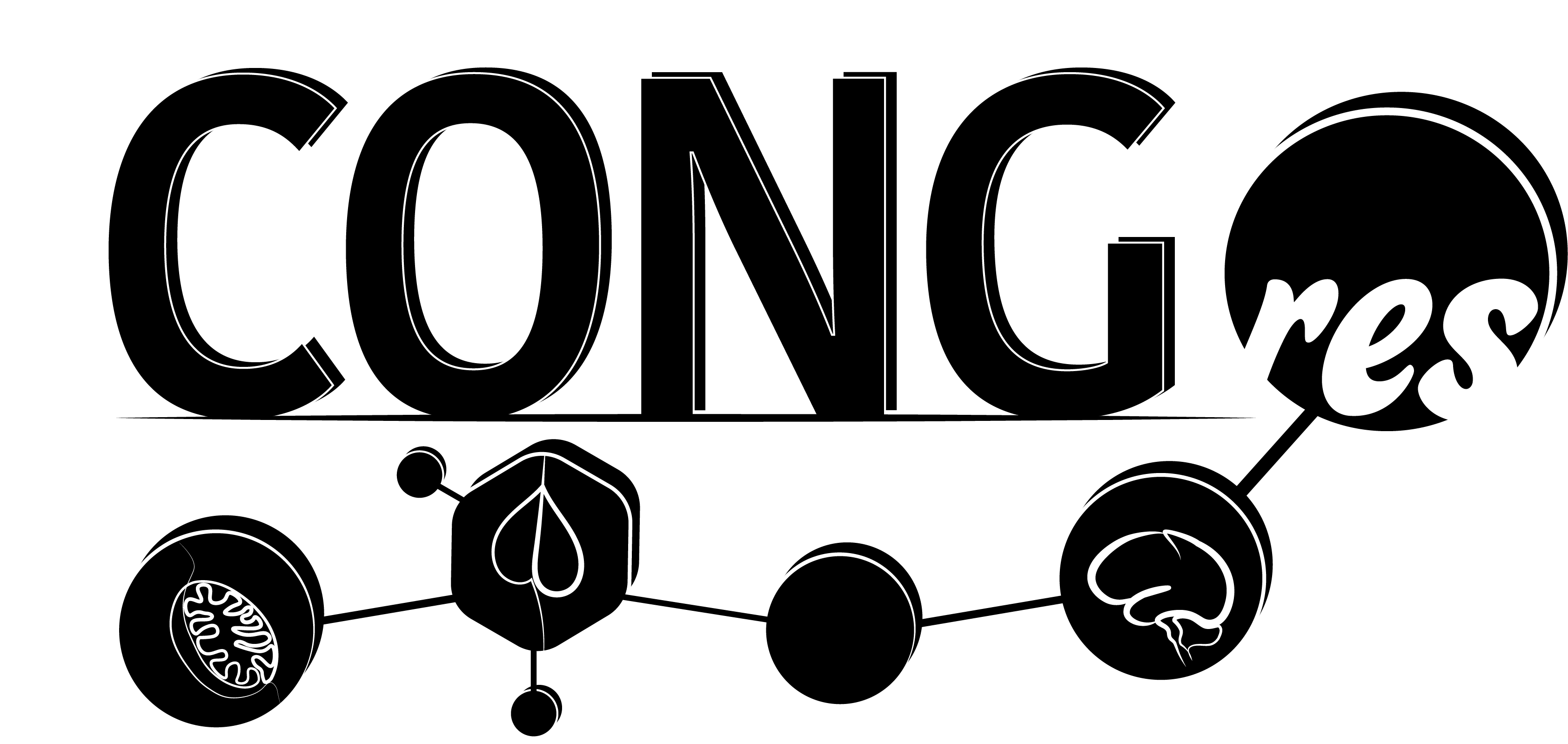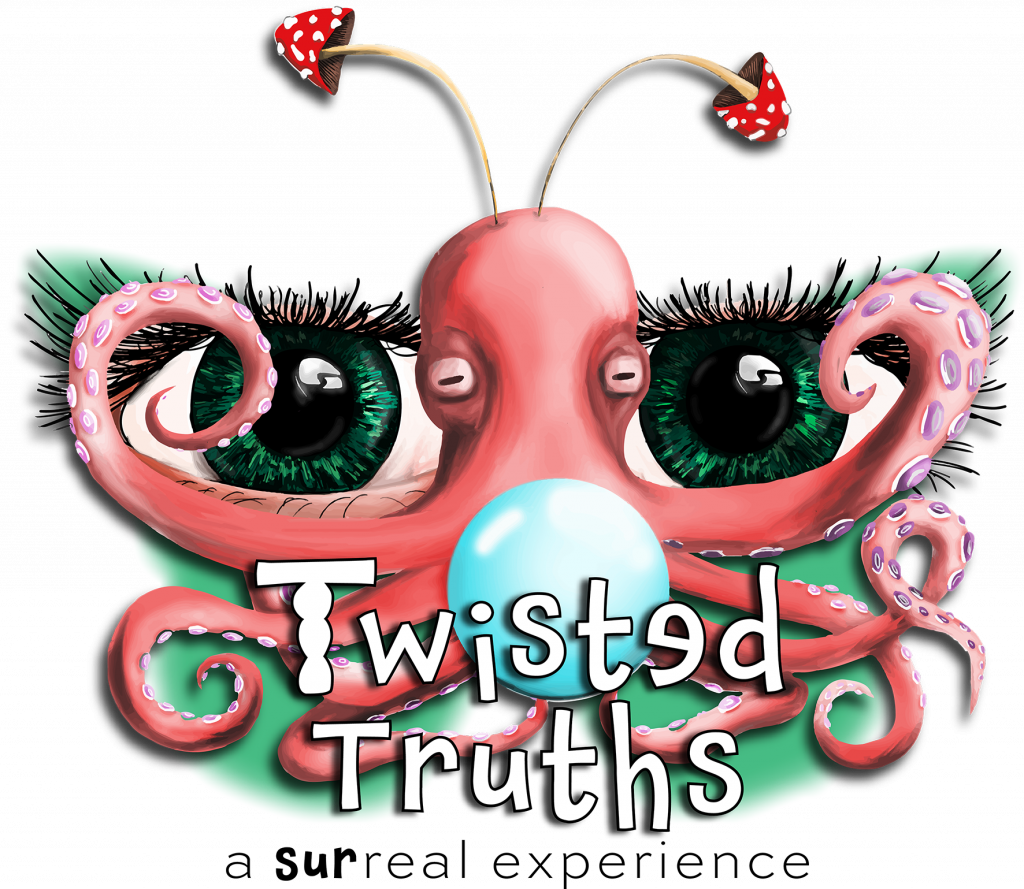
Why do we like magic and illusions?
How does molecular mimicry work?
What is truth?
The 2021/2022 CONGres ‘Twisted Truths: a surreal experience’ took place on march 17th 2022! It was a day full of truths and untruths, mysteries and magic, and illusions and deceptions!
We explored the concept of truth from the corner of life sciences. We asked ourselves: how can truth be twisted?
On this day we found out how the truth is altered, not only by humans, but by other organisms as well and even by systems within these organisms!
Main Speakers
Prof. dr. Doekele Stavenga
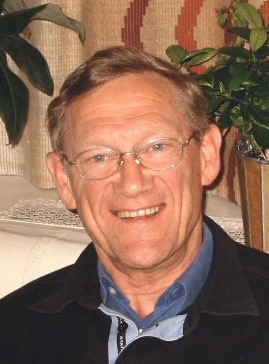
Doekele Stavenga is professor emeritus of Biophysics at Groningen university. Central themes of his research are animal coloration and insect vision. He perfomed collaborative research with several international teams, e.g. in Lund, Ljubljana, London.
Abstract: Camouflage by effectively decolorized wing scales of the Australian Bogong moths
Camouflage, the property of an object that renders it difficult to detect or recognize by virtue of its similarity to its environment, is a wide-spread phenomenon in the animal kingdom. Outstanding examples are moths, referred by the Nobel Prize winning ethologist Niko Tinbergen as ‘bark with wings’ because of the optical similarity of many moth species to their resting place in the daytime. The Australian Bogong moths (Agrotis infusa) blend in during the hot summer with the colors of the cool caves in the Australian Alps, where they aestivate. To reach their assemblage point, the Bogong moths make a highly directed spring migration of more than 1,000 km, away from various breeding areas in southeast Australia using a magnetic sense, alike nocturnally migrating birds. To realize proper camouflage, moths need to suppress the intrinsic coloration of their wing scales, which function as thin film reflectors. The optical tricks applied by the moths to properly tune and optimize their wing coloration, so to match the cave colors, will be discussed as part of a general treatise of lepidopteran wing coloration.
Dr. Ruth Huizinga
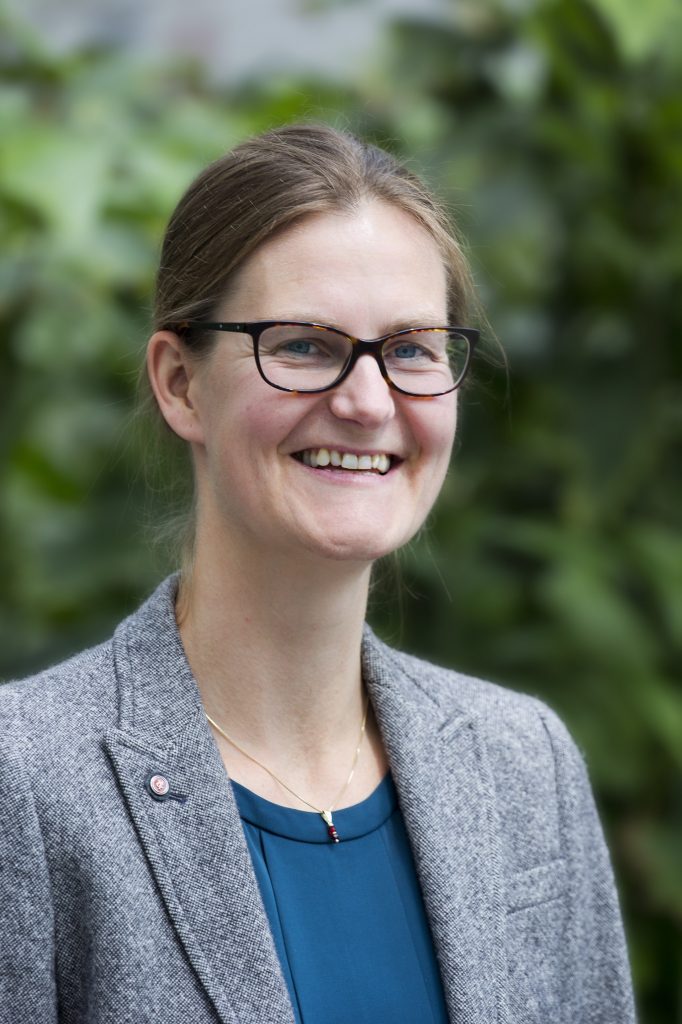
Dr. Ruth Huizinga is trained as medical biologist in Amsterdam and specialized in neuro-immunology. After her PhD research on multiple sclerosis she switched to the peripheral nervous system to investigate the pathogenesis of the Guillain-Barré syndrome. She works as assistant professor at the department of Immunology of the Erasmus MC in Rotterdam.
Abstract: Molecular mimicry: how immunity to Campylobacter jejuni induces the Guillain-Barré syndrome
The immune system has evolved for millions of years to discriminate between dangerous and non-dangerous microbes and between self and non-self molecules. As a consequence, pathogens have developed efficient strategies to evade detection by the immune system and disguise themselves to stay unnoticed. Campylobacter jejuni is a gram-negative bacterium that has a unique ability to produce sialic acids, which are normally only present in vertebrates. By decorating its surface with molecules that are highly expressed in its hosts, the C. jejuni is less sensitive to lysis by human serum. However, high similarities between pathogen and self molecules can in rare cases lead to the development of autoimmunity. This is called molecular mimicry. The Guillain-Barré syndrome is an example of such a disease where the body mistakenly produces antibodies against self glycolipids that are highly expressed in the peripheral nerve. This leads to acute limb paralysis and in some cases even respiratory muscles are affected. In my talk I will discuss the molecular and cellular mechanisms by which the host immune response is misguided by C. jejuni resulting in autoimmunity and neurological disease.
Prof. dr. Franz Vollenweider
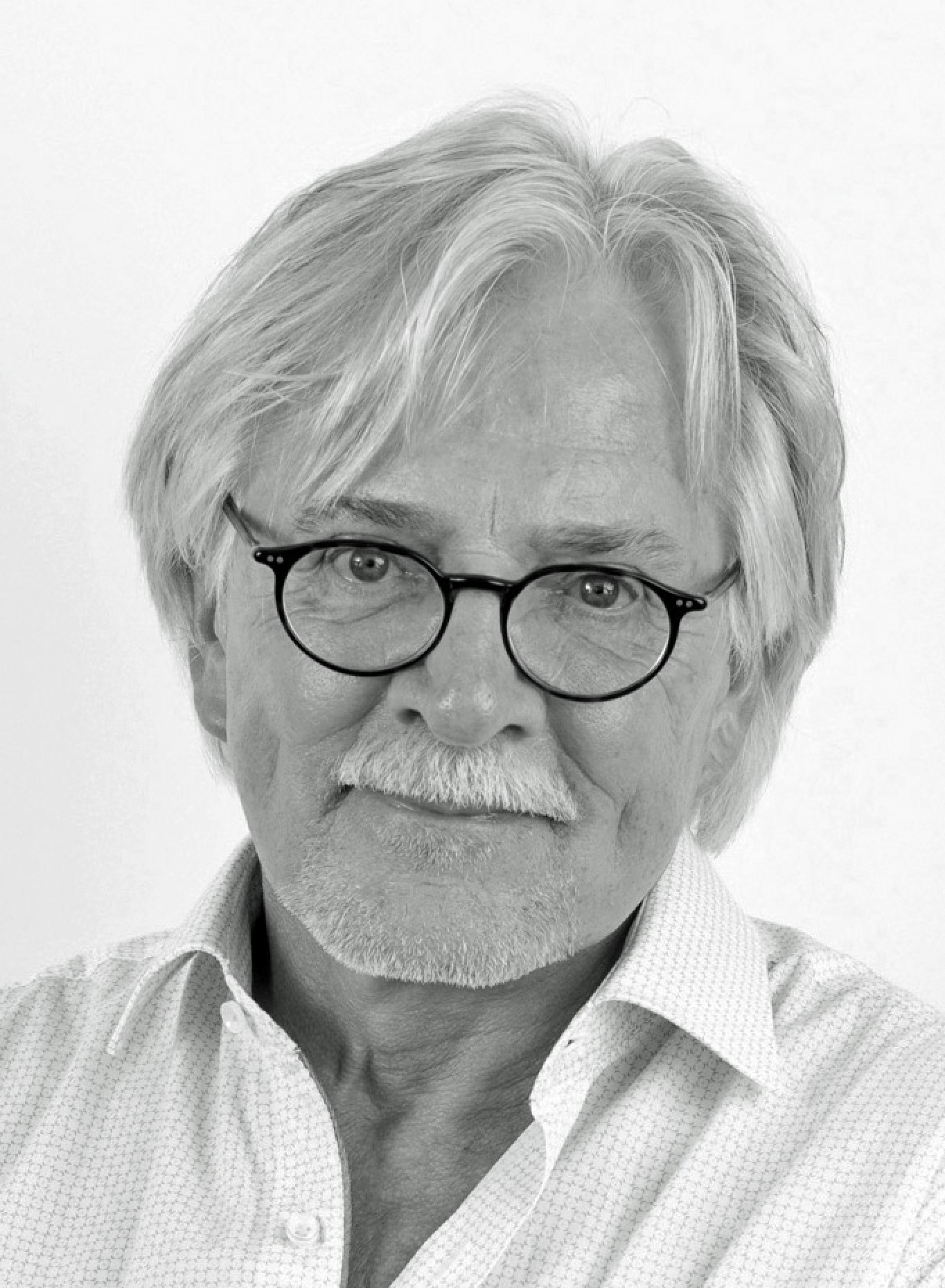
Franz X. Vollenweider (MD, FMH) is Chief Psychiatrist, Center for Psychiatry Research (CPR) and Director of the Neurophenomenology and Consciousness Research Unit at the Department of Psychiatry, Psychotherapy, and Psychosomatics (DPPP), Psychiatric University Hospital, and Professor of Psychiatry at the University of Zürich.
Dr. Vollenweider’s current research focus on the neurobiological mechanisms underlying the effects of classic psychedelics in humans to identify potentially relevant drug targets and biomarkers for the treatment of psychiatric disorders.
Abstract: Modulation of Social Cognition by classic psychedelics and related drugs
Impairments in social functioning represent a core aspect of many psychiatric disorders. Despite its significance, deficits in social cognition skills are insufficiently targeted by current treatments. However, recent studies suggest that classic psychedelics (e.g., psilocybin) and entactogens (e.g., MDMA) modulate social processing and have the potential to produce meaningful clinical improvements. In his talk he will present recent findings obtained with psilocybin and MDMA on social processing in controlled experimental studies in humans and discuss potential underlying neurobiological and pharmacological mechanisms. Furthermore, he will summarize the knowledge gaps and the implication of these findings for psychedelic-assisted treatment approaches.
Parallel Speakers
Prof. Dr. Henk de Regt
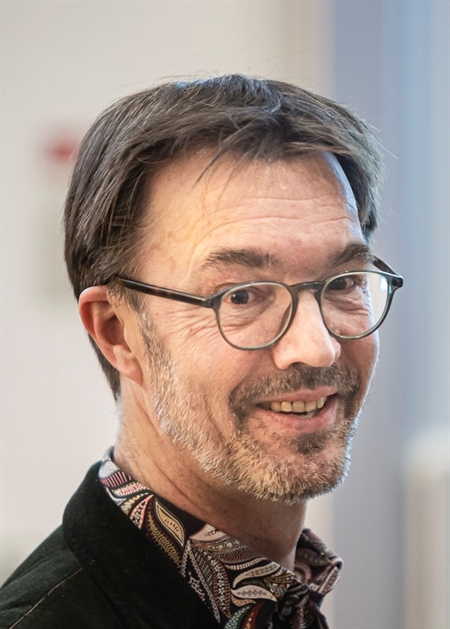
Henk W. de Regt is Professor of Philosophy of Natural Sciences at the Institute for Science in Society, Radboud University, The Netherlands. He holds an MSc degree in foundations of physics (Utrecht University) and a PhD in philosophy (Vrije Universiteit Amsterdam). His research focuses on scientific understanding and explanation, and on public understanding of science. His monograph Understanding Scientific Understanding (Oxford University Press, 2017) won the 2019 Lakatos Award.
Abstract: Scientific Truth in Perspective
Science aims at discovering the truth about the world around us. This seemingly obvious claim is the basis of the philosophical view called scientific realism, according to which our best scientific theories give an approximately true description of the reality behind observable phenomena. But is such a true description within the reach of science? One problem for the realist view is the fact that observation (on which all empirical science is built) is not neutral but typically colored by theoretical assumptions and perspectives. This ‘theory-ladenness of observation’ led philosophers of science like Thomas Kuhn to argue that scientific claims are never absolutely true. Instead, they can be valid only relative to a particular framework, the so-called paradigm. Kuhn’s view has in turn been criticized for being too relativistic: it would deny science the possibility to discover any truth about reality. In my presentation I will review the debate between realists and relativists, and discuss a recent approach to the issue that attempts to find a middle ground between the two extremes: perspectival realism.
Prof. dr. Peter Achterberg

Peter Achterberg is a professor of sociology at Tilburg University. As a cultural sociologist he specializes in studying how and why people see the world around them – and everything in it. The last couple of years he has been deeply involved in studying how people perceive scientific institutions.
Abstract: Truth Battles: Trust in scientific institutions and scientific knowledge
Over twenty years ago Haerlin and Parr (1999: 499), noted in Nature that ‘The relationship between the scientific community and the general public has never been worse in living memory.’ Mind you – that was before people had to come up with the flat earth society, before conspiracy theories were voiced in the White House, and when Q-anon was still anonymous. In this lecture, I will discuss the ongoing debate of a legitimacy crisis affecting science. More specifically, I will discuss three things. 1) That there is a science confidence gap, which means that people increasingly combine an interest in scientific methods and principles with lower levels of institutional trust in science. 2) How many (and why) people are embracing epistemological insecurity – i.e. the idea that ‘science ultimately is nothing but an opinion’. And 3) whether and why we are witnessing a fragmentation of scientific knowledge – especially in more advanced information societies.
Prof. dr. Frieder Vogelmann
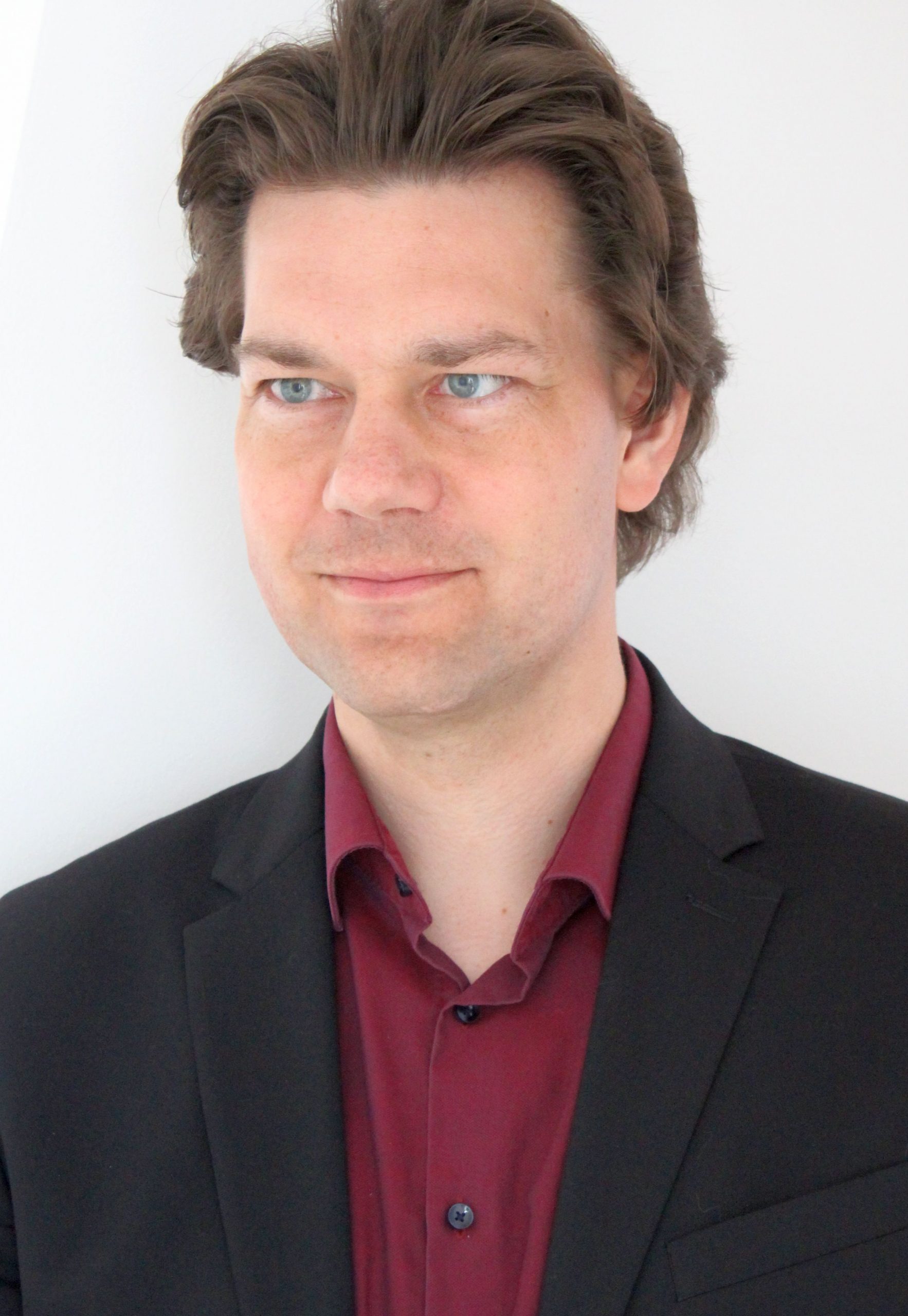
Frieder Vogelmann is professor for epistemology and theory of science at Albert-Ludwigs-University Freiburg, Germany. His research focuses on political epistemology as the intertwinement of epistemology with political and social theory. Recent publications include the edited volume Demokratie und Wahrheit (together with Martin Nonhoff, Nomos 2021), an edition of Max Horkheimer’s seminal essay Traditionelle und kritische Theorie (Reclam 2021) and The Spell of Responsibility: Labour, Criminality, Philosophy (Rowman & Littlefield International 2017).
Abstract: “Post-Truth,” Science and Democracy: Defending Scientific Practices without Scientism
The popular diagnosis that we are living in a “post-truth era” responds to the rise of open falsehoods, outright lies and hostility towards the sciences and humanities in politics. It typically includes three claims: a historical diagnosis that we are witnessing an unprecedented quantity and a new quality of untruth in politics; an explanation why the openly avowed falsehoods are fiercely supported; and strategic advice on how to react to the threat “post-truth” poses to liberal democracies.
On the one hand, all three parts of the diagnosis of a “post-truth era” are problematic. First, it is unclear when the age of honesty, rationality or truth in politics ended and the “post-truth era” began. Second, the popular appeals to the stirred emotions, the stout ignorance or the missing trust in experts of those supporting “post-truth politicians” meets empirical and conceptual objections. Thus, third, the political strategies against “post-truth politics” not only miss their mark, they frequently advocate a mix of scientism and post-democracy, which actually belong to the causes of the rise of untruth in politics.
On the other hand, the diagnosis of a “post-truth era” is rightfully concerned with the rise of untruth in politics. In the talk, I will argue that non-sovereign conceptions of truth and knowledge from feminist epistemology can help to defend scientific practices epistemically against science denialism without succumbing to scientism.
Dr. Matthew Tompkins
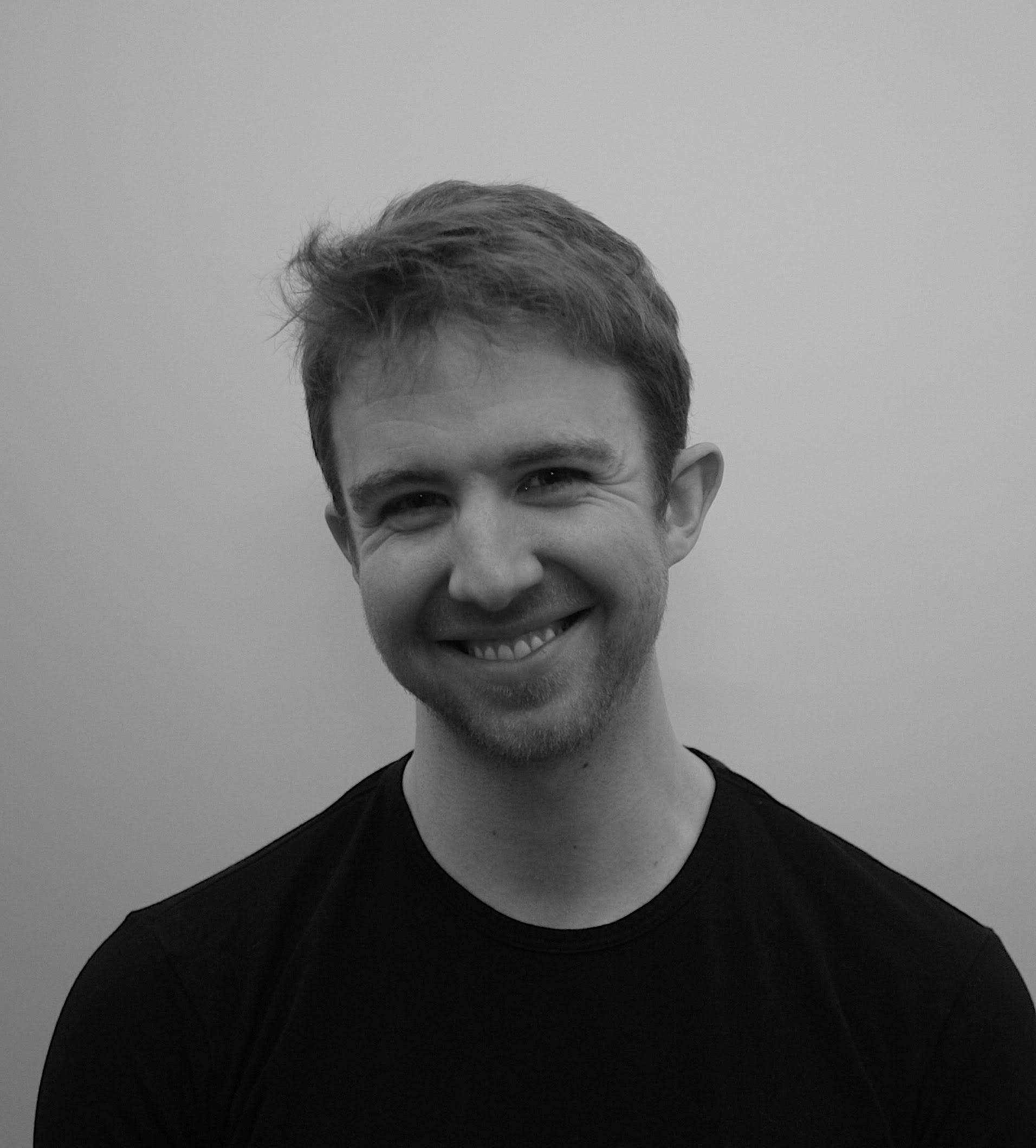
Dr. Matthew L. Tompkins completed his DPhil in experimental psychology at Oxford University and currently works as Postdoctoral Researcher at Lund University’s Department of Cognitive Science. His work focuses on the study of cognitive illusions and how insights from performance magic can be applied to psychological research. This work is informed by his ‘practical’ experiences working as a professional magician. His most recent book, The Spectacle of Illusion, explores the historical and contemporary relationships between magicians, fraudulent mystics, and scientists.
Seeing Through Magic: The Psychology of Illusion
Is seeing believing? Is believing seeing? How can we hope to conduct experiments on things that only exist within our minds? Can scientists be trusted to study deception without being deceived themselves? Magicians have developed powerful techniques to induce vivid illusory experiences by exploiting the limits and eccentricities of human cognition. Beyond being simple tricks, magic illusions can help researchers glean new insights into the workings of our minds. This presentation will feature a mixture of storytelling and magical scientific demonstrations illustrating how scientists, past and present, have approached the study of illusion.
